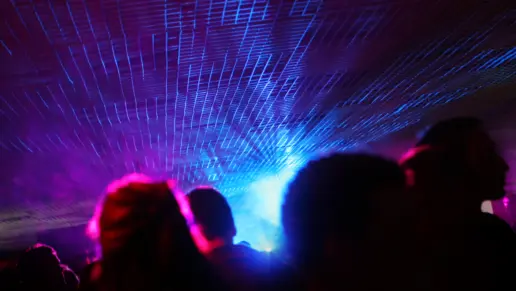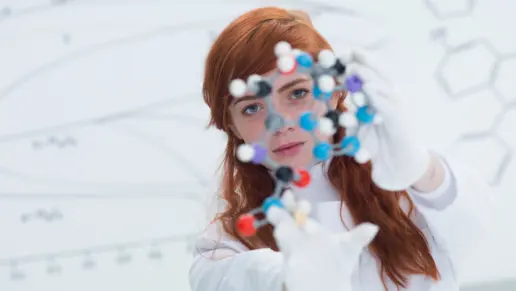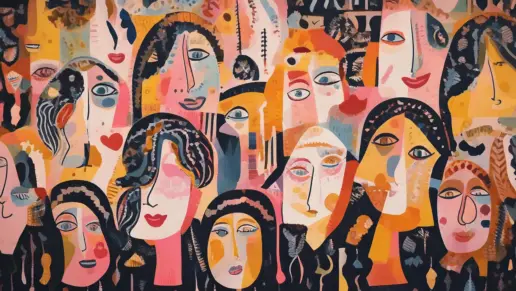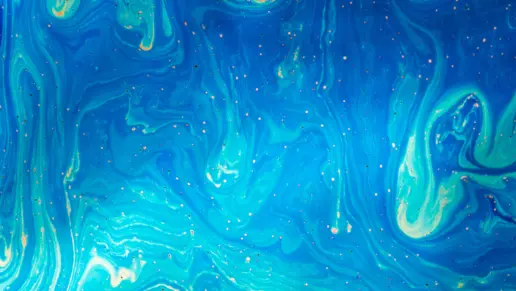What is LSD?
Lysergic Acid Diethylamide (LSD) is a potent hallucinogen that has a high potential for abuse. Street names for LSD include Acid, Dots, Blotter Acid, Window Pane and Mellow Yellow. LSD is considered a mind-altering drug which means it affects your brain and modifies your mood, changes your behavior and alters the way you interact with the world around you.
It does all this by affecting the action of a brain chemical called serotonin which plays a large role in controlling your behavior, cognition, mood and senses.
Short and Long Term Side Effects of LSD Use
LSD has multiple short term effects on the body such as dilated pupils, higher body temperature and increased heart rate.
If under the influence of LSD, you may suffer from impaired depth and time perception alongside distorted perception of shapes and sizes. You could also struggle with the ability to make sound judgements and understand the sense of fear.
One of the long-term effects of LSD can include being stuck in a “trip” for weeks or months or even having flashback hallucinations when not actively using.
Your body also has the tendency to build up tolerance the more you take. There is no detox for LSD use, but your body could start to crave it more and more.
FAQs
Are Psychedelics Like LSD Addictive?
LSD is not physically addictive, but the body can quickly develop a tolerance. This means anyone who abuses the drug regularly must take progressively higher doses to achieve the same state of intoxication. Taking larger doses can lead to more negative experiences like “bad trips.”
What is Microdosing LSD?
A lot of people use the term “microdosing” when it comes to using LSD or other hallucinogens. The term microdosing refers to regularly taking LSD in very small amounts. When microdosing, someone will typically use one tenth to one twentieth of a typical recreational dose.
Some reported effects of microdosing include a reduction in mental health symptoms like depression and anxiety. Although these effects are reported by people who microdose, no research has been completed to determine if microdosing is actually safe or effective.
Can You Overdose on LSD?
The good news is that you cannot overdose on LSD nor does it typically cause someone to die. However, if you take a larger dose of LSD, the longer and more intense a “trip” episode can be. Psychological harm can also occur after using LSD. This can include extended periods of depression, fear, anxiety and paranoia.
How Long Does LSD Last?
Because LSD is a very powerful drug, taking even the smallest amount can cause strong effects. The effects of LSD are hard to predict in most cases. After taking LSD, you can start to experience effects after 30-90 minutes. However, the strongest effects typically happen 3-5 hours later.
Sometimes the effects of LSD can last up to 12 hours. The effects of LSD can be influenced by a person’s size and their current health, so effects can vary from person to person.
The quantity of the drug taken, the quality of the LSD and whether or not it is taken with other drugs also influence its effects.
How Has LSD Changed Over Time?
During the 1950s and into the early 1960s, LSD was used to treat alcoholism. Others have explored the use of LSD as an enhancement to psychotherapy when addressing trauma. However, studies were conducted that showed the dangerous effects of LSD that include prolonged psychosis and other impacts on mental health.
Is LSD Legal?
According to the U.S. Drug Enforcement Administration (DEA), psychedelic drugs like LSD are classified as schedule I controlled substances, meaning they are illegal under federal law. Each state and jurisdiction can be different when it comes to the actual legal status of the drug.
For example, some states have decriminalized the possession of psilocybin (mushrooms), but LSD has not made that list. More and more states are considering similar changes for the future.
What Physical Forms Does LSD Come In?
LSD is available in a variety of forms, but it is only used orally. It can be available in absorbent paper form, tablets also known as micro dots, saturate sugar cubes or a liquid form.
Hallucinogen Use Disorder
The defined disorder for LSD according to the DSM falls under “Other Hallucinogen Use Disorders.” These are defined as involving a “problematic pattern of hallucinogen use, other than PCP/phencyclidine, including LSD”.
Hallucinogen persisting perception disorder can also occur, which may include fragmentary recurrences of certain aspects of the drug experience or flashbacks that occur days and even months after taking the last dose.
Hallucinogens are divided into different categories, and each of them cause different side effects. The categories are:
- Psilocybin aka Magic Mushrooms: This is a mushroom in nature that causes hallucinations, but it also can cause nausea, drowsiness, flashbacks, memory issues and poisoning.
- Lysergic Acid Diethylamide aka LSD: LSD produces long-lasting and often unpredictable alterations of perceptions.
- Ketamine: Initially used as an anesthetic, ketamine is known for its dissociative effects and recreational misuse.
- Peyote aka Mescaline: Peyote comes from a cactus and produces intense hallucinations and altered time perceptions. It has been used traditionally in spiritual ceremonies.
Help Someone Who May Be Abusing LSD
If you are using LSD, you can become psychologically addicted to the effects of the drug itself rather than being physically addicted to it.
Currently, there are no medications out there that will specifically treat LSD abuse, but treatment can include therapy, behavioral interventions, and medications to address co-occurring mental health conditions, such as anxiety, depression, or psychosis.
There are many forms of treatment to help someone who may be abusing LSD such as inpatient and outpatient treatment. Inpatient treatment involves living at a recovery facility while you participate in therapies.
Outpatient options allow you to live at home while you attend therapy sessions several times each week. In either setting you can get connected to behavioral therapies like cognitive behavioral therapy (CBT) that will help you identify the root cause of your LSD misuse and help you find coping strategies.
People often experience psychological withdrawal symptoms when they stop using LSD, so a supervised detox program is often a good place to start. Once you’ve completed detox and some form of inpatient or outpatient treatment, aftercare can be provided.
This ongoing support may include continued therapy, support groups and referrals to community resources that help you with long term recovery.
Featured Facilities Near You
Finding facilities near you…





